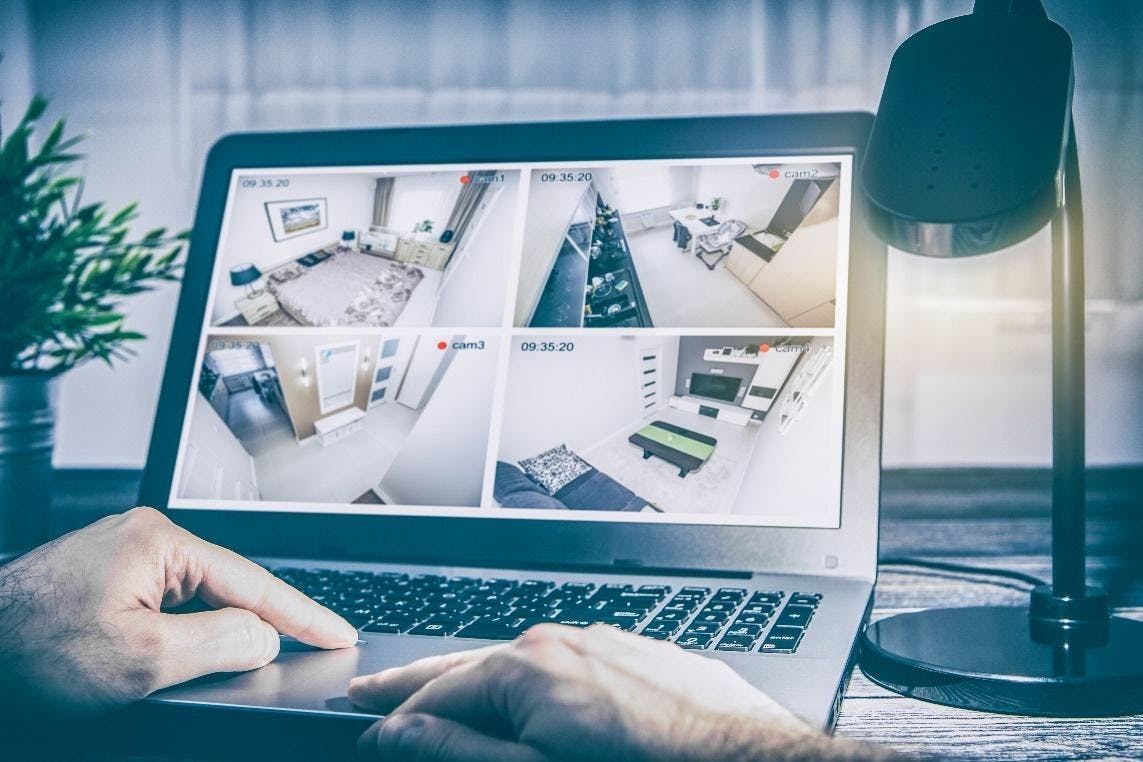Putting a home on the market for sale can be stressful. Coordinating repairs, cleaning up the place and leaving the home before buyers arrive with their brokers – well, that can be a lot to handle.
Unfortunately for buyers, some sellers have remembered to do something no homeowner should undertake – electronically eavesdrop on visitors conversations while in the home. It’s illegal, yet it still goes on.
Listing agents and their buyer counterparts have seen it all through the years when it comes to out-of-character (okay, outrageous!) seller behaviors. Where do we begin?
Stalking – One of the top offenses cited by buyer brokers was homeowners still lingering around the property when interested parties show up as scheduled. Realtor magazine reported on awkward encounters of sellers in the shower, asleep in bed or lurking on the grounds.
Pet peeves – Sometimes it can’t be avoided. The cute cat or the dainty dog are left behind while strangers walk through the home, triggering a parade of poop-filled, pee-stained and generally putrid surroundings.
Wild kingdom – Wild animals and pests roaming around the home is a huge no-no. One agent shared the story of a surprise “tenant,” telling Realtor®: “I showed a house in Utah once with a baby alligator/crocodile [in a cage] in the dining room.”
Dirty dancing – We’ve seen dishes left in the kitchen sink, unflushed toilets and overflowing trash cans but, for some reason (at least to me), the site of underwear is the worst. One California agent shared his story: “One of the worst things I have seen is piles and piles of clothes in every room. It was like an obstacle trying to walk around the mess.”
Arguably worse than all of that is when a seller purposely records and surveils a home while an unsuspecting buyer and broker are in the home. There is something morally and ethically wrong about this behavior.
Washington State law is clear on this topic. It is unlawful for sellers to intercept or record, by any device, the private conversation of others. The only exception is when all parties agree to the interception of their conversations (which would likely never happen).
Posting a sign on the property warning of the monitoring device or disclosing on the Northwest MLS that conversations will be intercepted is insufficient. Giving a warning is not the same as gaining the consent of all parties.
The issue is so serious that language is included in the listing agreement between agent and seller:
Seller acknowledges that intercepting or recording conversations of persons in the Property
without first obtaining their consent violates RCW 9.73.030.
I always coach my buyers to withhold exuberance and other significant comments about the home while still on the property. Limiting those comments and even maintaining consistent body language can reduce the chances of a seller gleaning information about a buyer and his/her possible offer strategies.
My clients and I have seen tiny red lights on unidentified hardware staring back at us from a coat closet or ceiling tile. We have even heard clicking sounds from devices, suggesting recording had started while we were within view.
Yes, creepy and disturbing…and highly likely a deal-breaker when encountered by a buyer. Would you want to negotiate with a seller who is possibly spying on your activities?
To be clear, there is no law prohibiting sellers from making a video recording of the buyer and broker in the owner’s home. Washington law prohibits only the interception of audio (oral conversation), not movement or physical actions by people inside the home. For that reason, we like to warn buyers that they are likely to be filmed while in seller’s home and may, in some cases, have their conversations intercepted and/or recorded – even though that is a violation of law.
If seller insists upon active audio surveillance of buyers, brokers and others in the home – without gaining the consent of the speakers (which would seem to be logistically difficult) – seller will be breaking the law.
In this time of coronavirus, we often say “be safe,” but the phrase has additional meaning when touring other people’s homes.
We covered this topic in 2018, as part of a 30-part Buyer’s Guide series.




